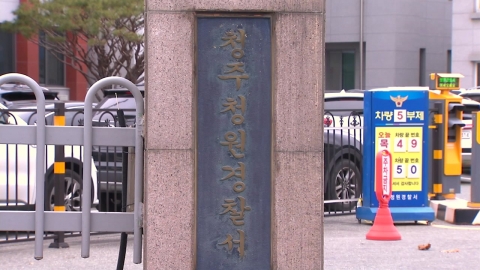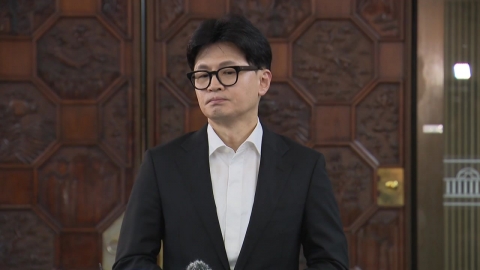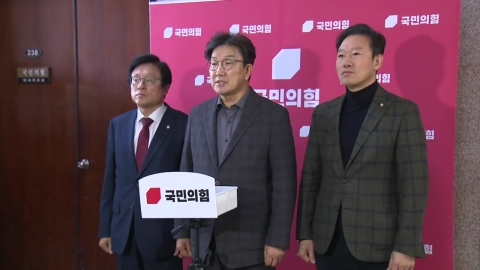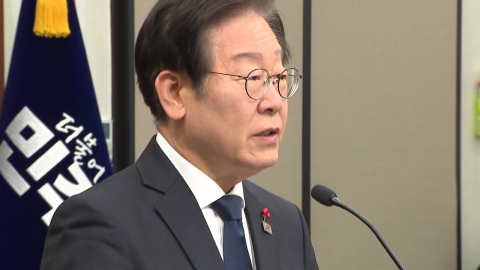President Yoon Suk Yeol moved his office to Yongsan, but in the end, it was difficult to avoid.
In other words, he highlighted the vulnerability of the democratic system by conveying the political turmoil that has been reproduced in eight years.
[China's state-run CCTV report: Can't Yoon Suk Yeol escape the curse of the Blue House? What is the background of the Blue House curse?]
Experts predicted the end of the "pro-U.S.-China" line early next year, citing the possibility of a regime change.
It is also common to say that the three-way cooperation between South Korea, the U.S. and Japan to keep China in check has been put to the test in line with the launch of the second Trump administration.
The official response from the Chinese authorities is still there, but it seems to be welcoming the geopolitical changes that impeachment will bring.
If Japan insists on a wrong view of history such as "special compensation" when the opposition party took power, it would shock Korea-U.S.-Japan relations as well as Korea-Japan relations.]
On the other hand, regret is read in Japan's response to President Yoon's "concession diplomacy" that easily solved the problem of past history.
Japanese Prime Minister Shigeru Ishiba stressed that the importance of Korea-Japan relations remains unchanged even in the face of impeachment.
However, the first visit to Korea next month will be canceled, and the hard-won "Shuttle Wang-rae" will inevitably cause a setback.
Japanese media expressed concern that if the regime changes in Korea, the goalpost may be moved again due to historical issues.
In the midst of South Korea's impeachment vacuum, China and Japan are in final coordination to hold a foreign ministerial meeting on the 25th.
I'm Kang Jeong-gyu from Beijing.
Photo Editing | Advanced
subtitle news | Lee Mi-young
#subtitle news
※ 'Your report becomes news'
[Kakao Talk] YTN Search and Add Channel
[Phone] 02-398-8585
[Mail] social@ytn.co.krr
[Copyright holder (c) YTN Unauthorized reproduction, redistribution and use of AI data prohibited]
![[Capture News] "Thanks to President Yoon, I solved the past issue easily..." Japan is in trouble.](https://image.ytn.co.kr/general/jpg/2024/1215/202412152038571049_t.jpg)




![[Y Ranking] Fashion Worst, Wi Ha-joon, Lim Ji-wan, Kang Ha-neul, Park Kyu-young, Jo Yuri.](https://image.ytn.co.kr/general/jpg/2024/1215/202412150900309186_h.jpg)
![[Yetterview] Ha Minhyuk from "Drunk Romance". "I liked Kim Sejeong since I.O.I. It was amazing".](https://image.ytn.co.kr/general/jpg/2024/1214/202412140800015124_h.jpg)



